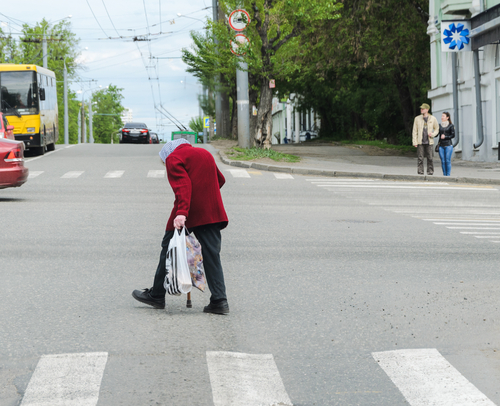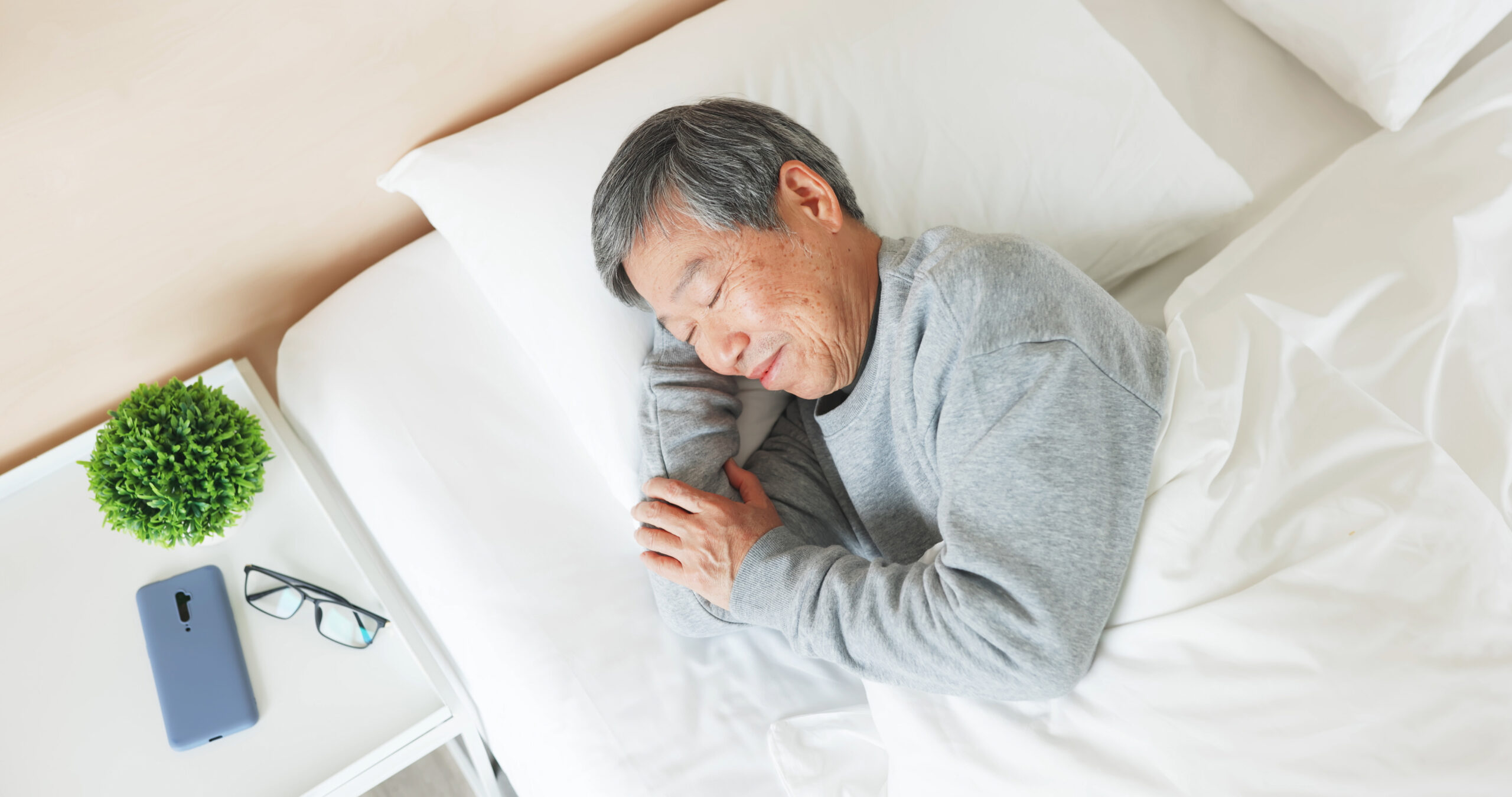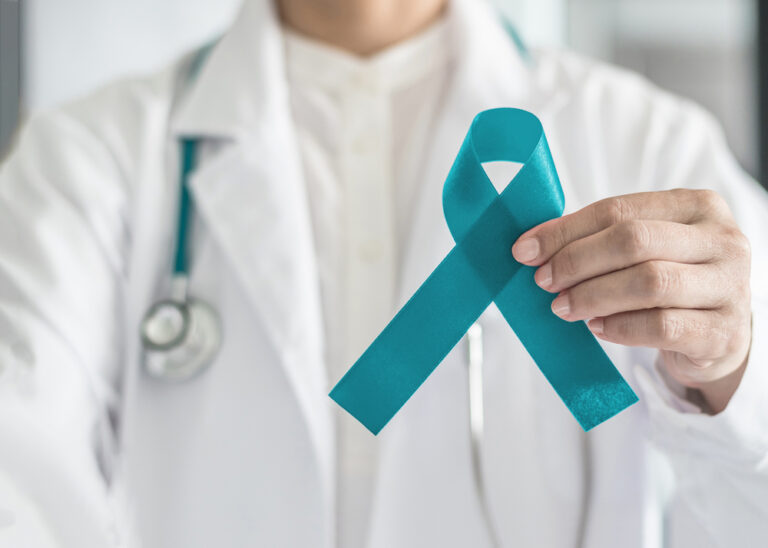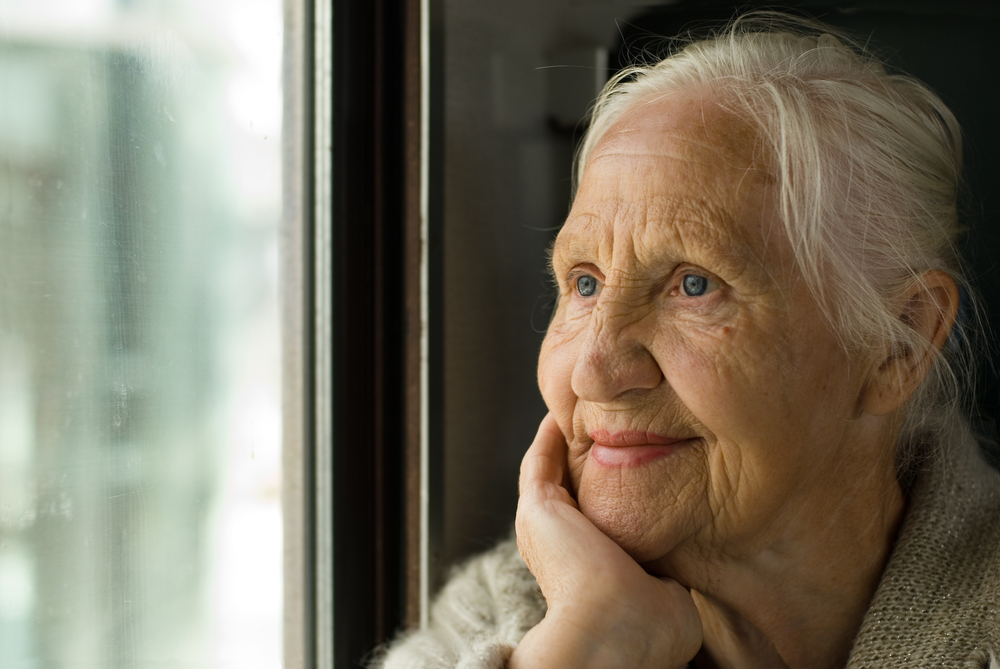Kyphosis: Why Do Some Elderly Adults Walk Bent Over?
Category:

Have you ever seen an elderly person that almost appeared to have a hunchback and thought to yourself, “I wonder why the elderly walk bent over?” It turns out there is an official name for this condition: kyphosis.
What is Kyphosis?
Kyphosis is an exaggerated, forward rounding of the upper back. The Mayo Clinic tells us, “In older people, kyphosis is often due to weakness in spinal bones that causes them to compress or crack.” Kyphosis in the elderly is generally considered a normal part of aging – except in extreme cases which are then referred to as hyperkyphosis.
Causes of Kyphosis in Elderly Adults
Some of the causes of kyphosis in the elderly include:
-
Fractures. Breaks in the spinal column can cause a curvature of the spine. Compression fractures, which often occur in weakened bones, are the most common. Often these compression fractures are mild and do not cause any noticeable symptoms.
-
Osteoporosis. Osteoporosis, or a weakening of the bones, can lead to a curvature in the spine, especially if the weakened bones in the spine develop compression fractures. Osteoporosis is more common in older women than in men.
-
Disk degeneration. Our spinal vertebrae have soft discs between them that act as cushions. These discs flatten and shrink with age, which can lead to the spine curving.
Treatment for Kyphosis in Elderly Adults
Treatment for kyphosis in elderly adults often includes medications or therapy. In very rare cases, surgery may be an option, but this is highly unusual. Over-the-counter pain medication like Tylenol or Advil is often enough to take care of any pain associated with kyphosis. There are also some bone-strengthening medications – often used for osteoporosis – that can be used. They help kyphosis by strengthening bones and preventing spinal fractures that would make kyphosis worse.
Physical therapy can also be helpful to seniors with kyphosis. Stretching and strengthening exercises can help improve flexibility and relieve back pain.
A back brace can also provide some relief from the pain associated with kyphosis. A kyphosis brace for an elderly adult is used to correct posture and hold the spine in alignment. Wearing a brace can also prevent the kyphosis from progressing.
Subscribe
Date: May 25, 2023
Category:


